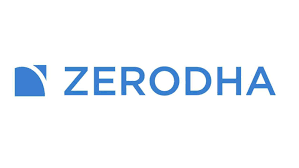According to a report by the Financial Times, Deloitte is gearing up to overhaul its structure to trim expenses in preparation for an anticipated market slowdown. The firm aims to streamline its primary business divisions from five to four, as per insider information provided to the publication. These revised divisions will include audit and assurance, strategy, risk and transactions, technology and transformation, and tax and legal units.
A spokesperson for Deloitte informed Bloomberg that the company recently finalized a process aimed at “modernizing and simplifying” its strategy.
As highlighted in the Bloomberg report, the prominent accounting firms, collectively known as the Big Four — Deloitte, PwC, EY, and KPMG — have initiated cutbacks in certain areas due to dwindling demand from clients. The surge in demand for consulting services during the COVID-19 pandemic, particularly for guidance on remote work and supply chain disruptions, is now tapering off due to global economic uncertainty. This deceleration has impacted recruitment and salaries within these accounting firms.
In November 2023, Deloitte announced its plans to introduce a practice aimed at assisting businesses in gauging the level of trust bestowed upon them by regulators, investors, customers, and the public. This initiative aims to aid companies in identifying areas for enhancement and elevating their trustworthiness among stakeholders. Deloitte is currently evaluating the top 1,000 companies by size in India, including listed entities, based on approximately 90 parameters to determine their standing in terms of stakeholder trust. The resulting rankings will be shared privately with the companies. Deloitte anticipates strong interest in this new service, given the premium placed by regulators, customers, and investors on trust. Moreover, companies aiming for public offerings could leverage their ranking to assist investors in decision-making.
Sriraman Parthasarathy, Partner at Deloitte India, referenced a Deloitte study conducted a few years ago, which revealed that highly trusted companies enjoyed market capitalizations 15-40 percent higher than their less trusted counterparts. This initiative is predicated on the notion that trusted companies are better equipped to navigate volatility, particularly during periods characterized by geopolitical trust deficits impacting international investments and trade.



